Council chiefs in Perth and Kinross have said local taxes could rise again next year but they hope to avoid an “extremely high” hike.
Councillor Grant Laing, the leader of the local authority, said he did not want rocketing council tax bills to worsen the cost of living crisis faced by many in the region.
He said his administration was still working on the basis of a 3% council tax rise next year.
Councils will discover the full details of their funding settlement for the coming year in a memo from the Scottish Government on Monday.
John Swinney, the deputy first minister, said in his budget speech last week that local authorities will receive an extra £570 million, as well as the “flexibility” to raise council tax.
But local government umbrella body Cosla said in reality the uplift was worth £71m, when previously agreed policy commitments are excluded.
The shortfall has led to claims thousands of jobs could be at risk, services will face the axe, and council tax rates could soar.
However, Councillor Laing hoped huge tax rises could be avoided.
“We are working at the moment on a budget towards a 3% rise in council tax,” the SNP councillor told The Courier.
“That’s what we’ve predicated our budget on just now. Now that will be a decision of council come March 1.”
He added: “Each political group will have their own view. Our view is that, in the middle of a cost of living crisis, you don’t want to go in extremely high, because that impacts on everybody that pays council tax.
“That is definitely in our mind as we move to set a balanced budget.”
Last year, local authorities were given full power to control council tax for the first time since the SNP came to power, with the majority increasing by 3%.
Councillors in Perth and Kinross agreed a 2.5% increase.
Mr Swinney said last week they would again be given full flexibility.
Katie Hagmann, resources spokeswoman for Cosla, said local authority leaders met on Friday to discuss the impact of the budget.
“There was disappointment across the board that unfortunately the settlement that local government had received as part of the budget is far short of what we were looking for,” she told the Sunday Show on BBC Scotland.
Cosla had been lobbying for a settlement of at least £1 billion, including £600m to “stand still” in the face of rising costs, and another £100m per 1% of a pay increase for council workers.
Councillor Hagmann said that when you take out previously-agreed funding and cash for specific policies, there was only an increase of £71m.
‘Really difficult choices’
“It means that there will be really difficult choices that local authorities are going to have to make,” she said.
Meanwhile, Jim Thewliss, general secretary of School Leaders Scotland, warned the budget squeeze is “starting to bite” in classrooms.
He said staff vacancies were going unfilled, while class sizes were going up and subject choice for pupils was being impacted.
Mr Swinney, the Perthshire North MSP, defended the budget while being interviewed on the Sunday Show.
“Budget to budget, the local government settlement is up by £570m,” he said.
“Local government came to me and asked for £1bn. I said up front there was just no way I was going to be able to achieve that.
“But I have managed to put £570m into the local government settlement.”
Scottish Liberal Democrat leader Alex Cole-Hamilton said the Scottish Government was “squeezing councils and education to the pips”.
He added: “Local authorities need both a fair deal from the Scottish Government and a power surge that recognises the important work that they do.
“They need new hope, not another ministerial takeover of social care and a billion pound bureaucracy that would trample over local services once again.”
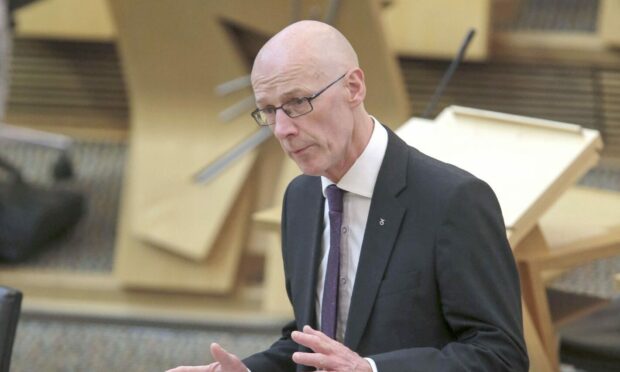
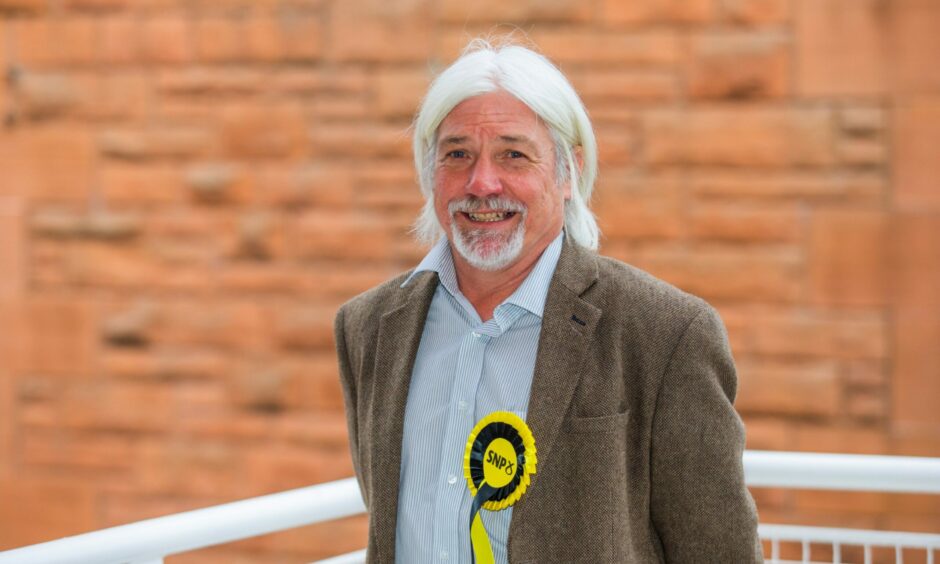
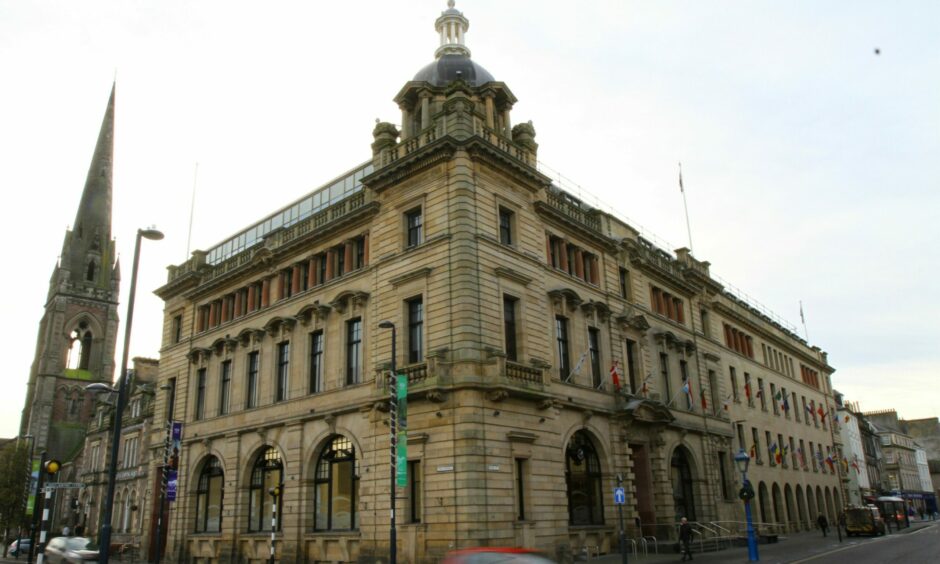
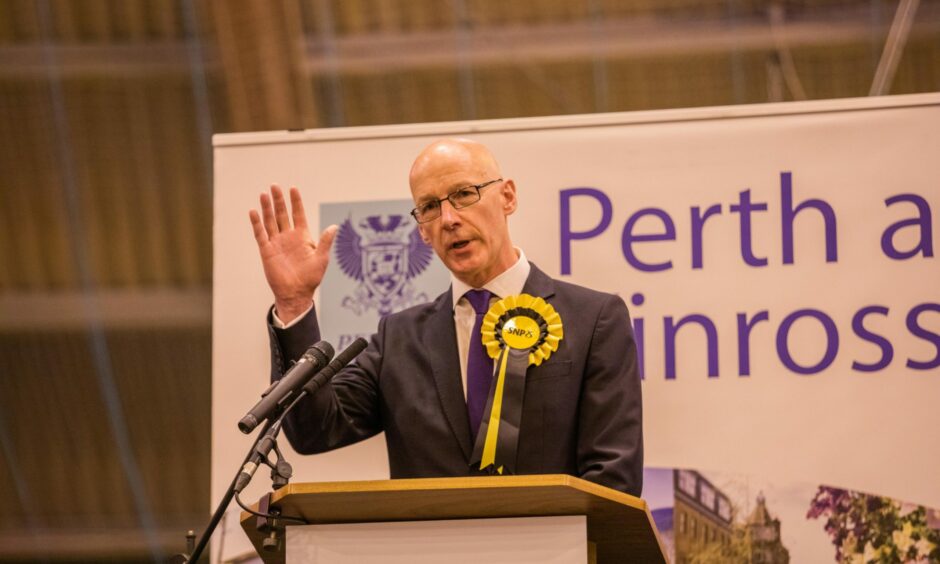
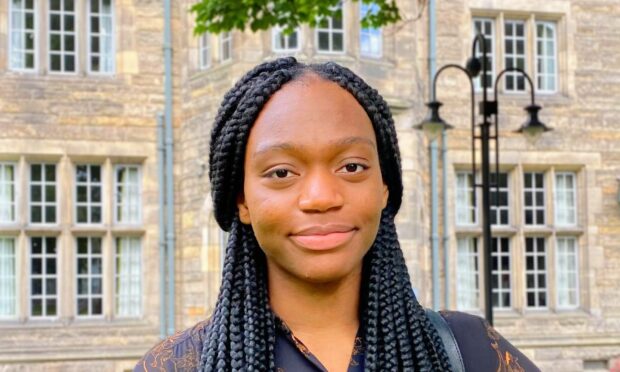

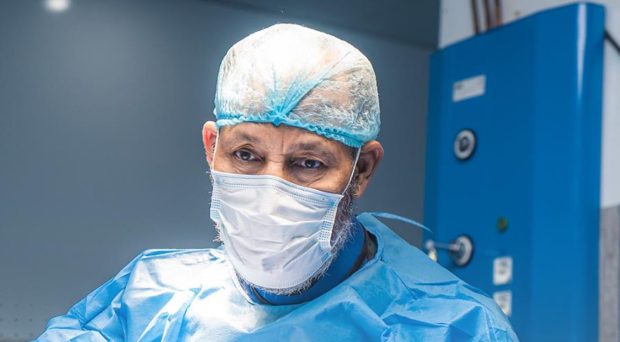
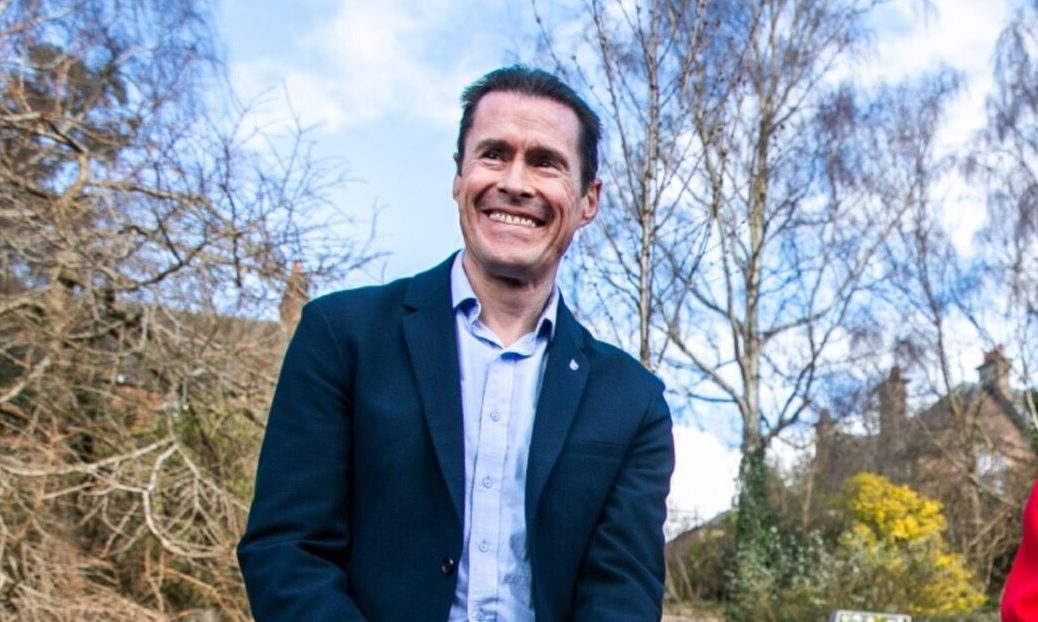
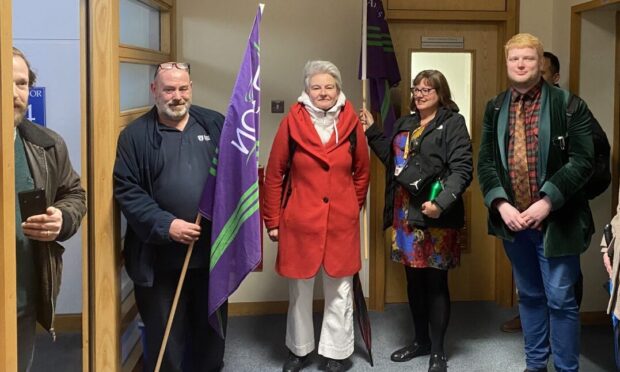
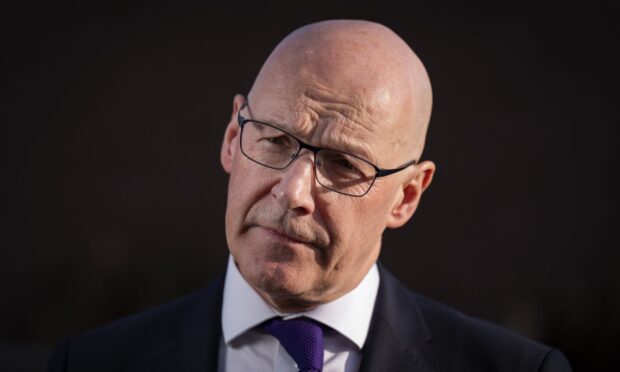

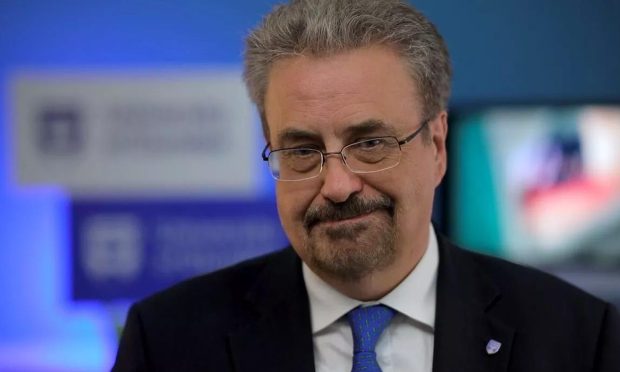
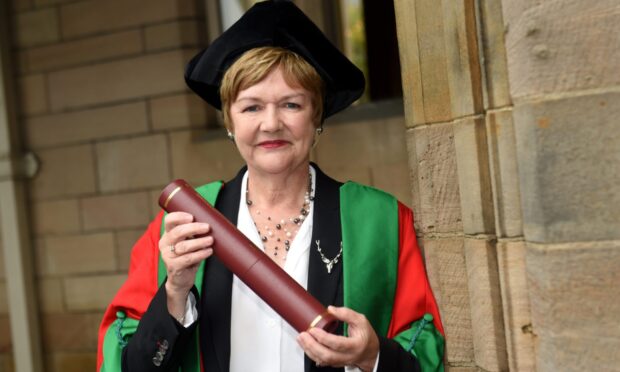

Conversation